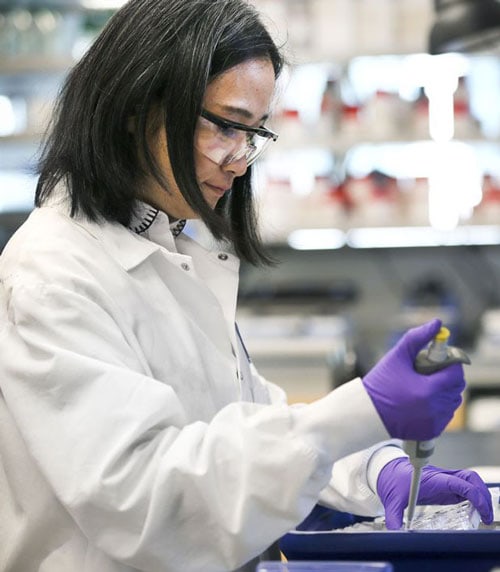Scientists around the world have developed treatments and vaccines for the new coronavirus disease known as COVID-19.
Several companies are working on antiviral drugs, some of which are already in use against other illnesses, to treat people who have COVID-19.
At the moment, three vaccines that are used as a preventive measure against the disease are being distributed in the United States. Stay informed with our live updates about the current COVID-19 outbreak.
Also, visit our coronavirus hub for more information on how to prepare, advice on prevention and treatment, and expert recommendations.
With confirmed COVID-19 cases in the United States surpassing 30 million and continuing to grow, scientists have spent the past year developing vaccines and treatments to slow the pandemic and lessen the disease’s damage.
On Oct. 22, the Food and Drug Administration (FDA)Trusted Source gave the go-ahead to Veklury (remdesivir), the first drug approved for the treatment of COVID-19. It is intended for use in adults and children 12 years and older.
The agency has also issued emergency use authorizations (EUAs)Trusted Source for several other treatments, including convalescent plasma therapy, a drug used to sedate people placed on a ventilator, and two drugs for people undergoing a type of blood purification known as continuous renal replacement therapy.
An EUA allows doctors to use these drugs to treat people even before the medications have gone through the formal FDA approval process.
As we wait for additional treatments and the distribution of already approved vaccines, there are still other toolsTrusted Source we can use to protect ourselves and others from the new coronavirus.
“Even though technological advances allow us to do certain things more quickly, we still have to rely on social distancing, contact tracing, self-isolation, and other measures,” Dr. Bruce Y. Lee, a professor at the CUNY Graduate School of Public Health & Health Policy, told Healthline.
Vaccines are designed to protect people before they’re exposed to a virus — in this case SARS-CoV-2.
A vaccine basically trains the immune systemTrusted Source to recognize and attack a virus, even one it hasn’t seen before.
While vaccines imitate an infection, they almost never cause illness. Moderna / National Institutes of Health.










